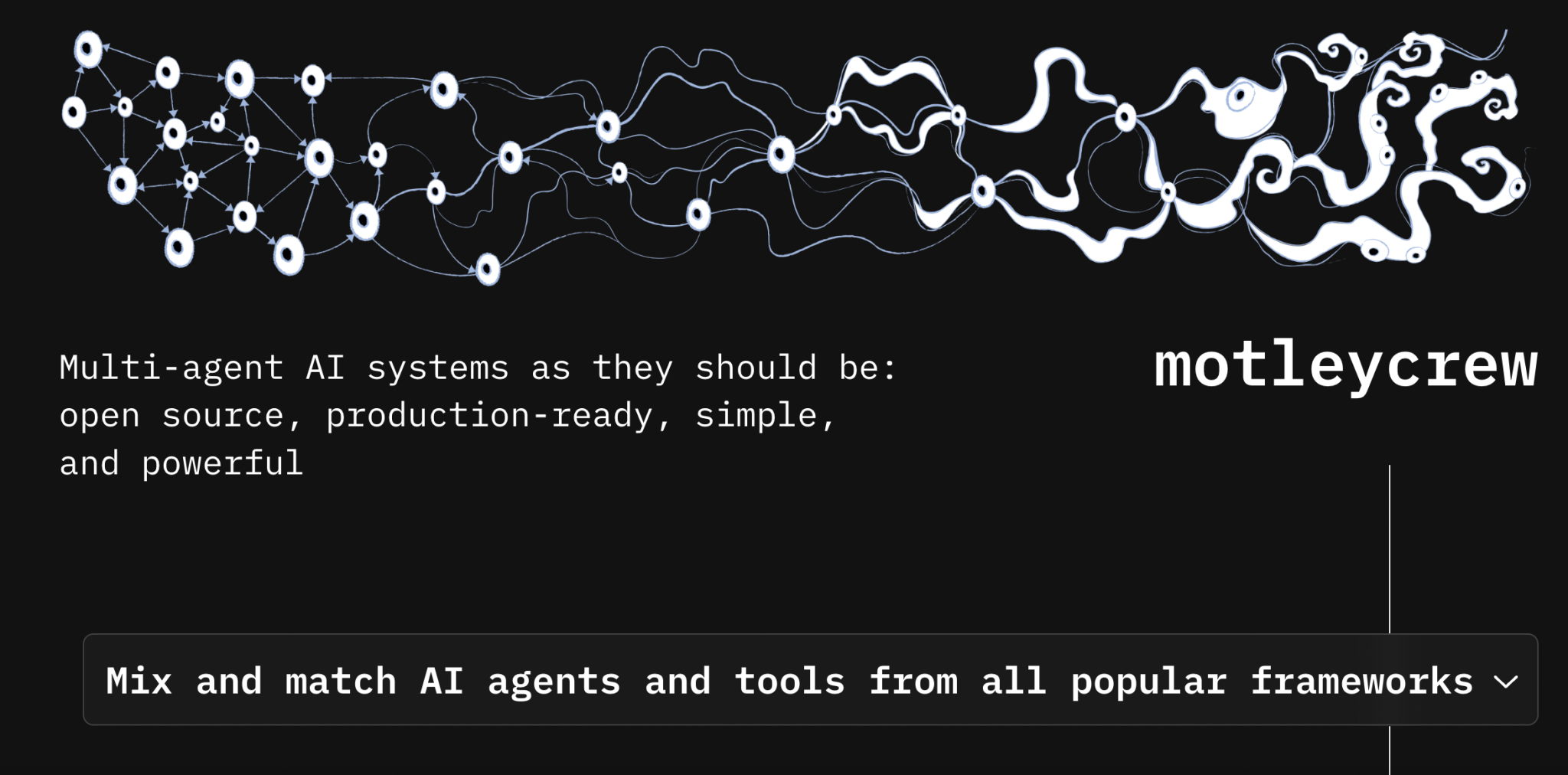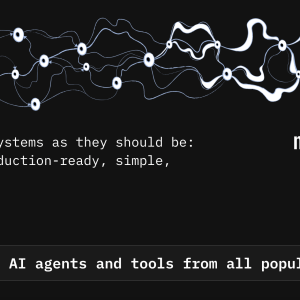

Multi-agent AI frameworks are essential for addressing the complexities of real-world applications that involve multiple interacting agents. Several challenges include managing and coordinating various AI agents in complex environments, such as ensuring agent autonomy while maintaining a collective goal, facilitating effective communication and coordination among agents, and achieving scalability without compromising performance. Additionally, the framework needs to be flexible to handle different configurations and use cases, from autonomous vehicles to game AI and robotics.
Traditional multi-agent systems face several limitations, including centralized control mechanisms that reduce flexibility and scalability. Existing solutions often struggle with managing large numbers of agents, especially when those agents operate in highly dynamic environments. Many frameworks either sacrifice performance or are too specialized for narrow applications, making them unsuitable for broader real-world scenarios such as coordinating fleets of autonomous vehicles or swarms of robots.
Researchers presented MotleyCrew as a flexible and modular multi-agent AI framework that takes a decentralized approach to coordination. This framework allows agents to make decisions based on their local information, eliminating the bottlenecks that arise from centralized decision-making systems. The framework supports various agent behaviors, making it adaptable for different industries and tasks. Moreover, researchers used modular architecture for the framework that allows for easy integration with existing systems, which gives developers flexibility in customizing and scaling their agent-based applications. The overall aim is to provide a solution that enables smooth coordination and communication between agents in an adaptable, scalable, and efficient way.
MotleyCrew operates on a decentralized architecture, which enables each agent to act autonomously based on the information they gather from their surroundings or interactions with other agents. This decentralized model increases scalability and efficiency since it avoids the lag and performance costs associated with centralized control systems. The key components of MotleyCrew include the Agent Manager, which creates and manages agents; the Agent Communication System, which supports message-passing and shared-memory-based communication; and the Environment module, which defines the world and its rules, obstacles, and resources.
The framework’s performance relies on several factors: the number of agents, the complexity of the environment, and the sophistication of agent behaviors. MotleyCrew is designed to remain efficient as the number of agents increases and has demonstrated strong results across diverse applications, such as coordinating autonomous vehicles, managing robotic swarms, and developing game AI. However, the communication overhead could grow in highly complex environments.
In conclusion, MotleyCrew offers a comprehensive solution to the problem of coordinating multiple AI agents in complex environments. Its decentralized approach ensures scalability and flexibility, while its modular design allows for broad applicability across various domains. By addressing key challenges in agent autonomy, communication, and performance, MotleyCrew represents a significant advancement in multi-agent AI frameworks, making it suitable for real-world applications ranging from robotics to game AI.
Check out the GitHub and Details. All credit for this research goes to the researchers of this project. Also, don’t forget to follow us on Twitter and join our Telegram Channel and LinkedIn Group. If you like our work, you will love our newsletter..
Don’t Forget to join our 50k+ ML SubReddit.
We are inviting startups, companies, and research institutions who are working on small language models to participate in this upcoming ‘Small Language Models’ Magazine/Report by Marketchpost.com. This Magazine/Report will be released in late October/early November 2024. Click here to set up a call!
The post MotleyCrew: A Flexible and Powerful AI Framework for Building Multi-Agent AI Systems appeared first on MarkTechPost.